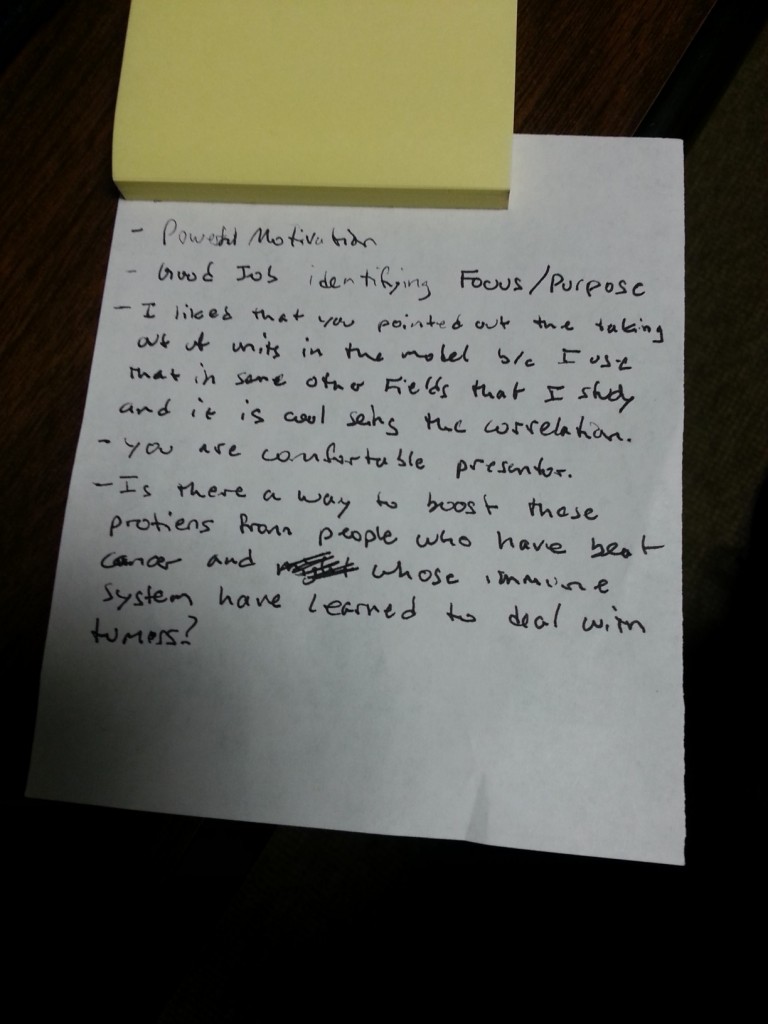I wrote this after a conversation with a colleague that bothered me. This was probably a year or more ago. I never sent this. Honestly, I don’t think it would have been well-received. I ran across it again today. Rather than throw it out, here it is.
I think this goes well in partnership with this other blog post: http://smallpondscience.com/2013/04/23/student-quality/
—————————————————-
Hi Colleague,
I couldn’t help thinking further on our conversation from yesterday. What I heard, and perhaps I misunderstood, was a lot of categorizing students into boxes. I think it is easy to put human beings into neat little boxes, especially when we are frustrated. These students are good. These students are bad, and they aren’t worth my effort.
If we can’t walk into a classroom with the belief that they are all good, all worthy, all human, then I think we’ve failed our first and most important job as instructors. Not every student is great at math. That doesn’t mean that they aren’t worthy human beings. And it often doesn’t even mean that they aren’t trying, even though we all know that some aren’t.
They are all incredibly young, and their mission here is to figure out what it is they have to give the world. Maybe it’s math. Maybe it’s not. But I have something important to teach them whether it’s math or it’s not. Sometimes it is how to try harder. Sometimes it is how to study smarter. Sometimes it is no matter what their struggles with math are, that they are valuable human beings. Sometimes it is that actions have consequences.
If I go into it with the true belief deep in my heart that they are all worthwhile, I better open the door for them to learn, whether they are gifted and hardworking or not. If I walk in with the attitude that many (or all) are worthless, then I shut the door for the learning; my attitude itself discourages my students’ best effort.
That doesn’t mean that I don’t find some students absolutely maddening and infuriating and lazy. I’m teaching a 300 person business mathematics class; that leaves me ample opportunity to get angry and frustrated. But I sincerely hope that even if I get angry and frustrated, that I still see them as worthy and capable of doing better than whatever it is they just showed me.
From our conversation yesterday, this is not what I was hearing. Maybe I misunderstood. Maybe you were having a bad day. But I hope that this is what you try to bring to your students — all of them — because I think that they and you are worth the effort.
I was terrified of that business mathematics class; of it being an unending battle in a hostile, math-hating environment. Like I said, there are students that irritate me, but overall, I would say, the concern and warmth I have brought to them has been returned by them. And that is a gift for me and for them.
Best,
Dr. Jinx

